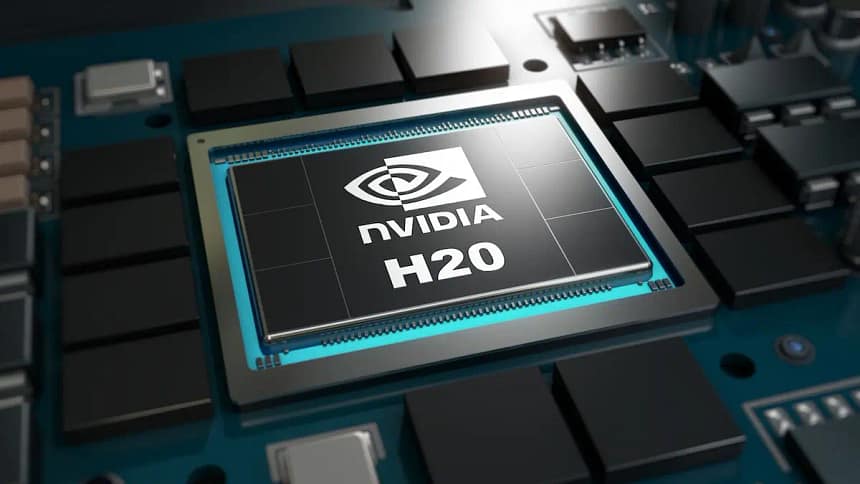Less than a month after NVIDIA resumed exports of its H20 chips to China, analysts are already sounding caution. Despite initial optimism, the U.S. chip giant may struggle to reclaim dominance in a market now heavily influenced by local players and tighter regulatory oversight.
H20 Chip Sales Resume — But Challenges Follow
In mid-July, NVIDIA received U.S. government approval to resume shipments of its H20 GPUs to China, following a months-long export ban that led to a $5.5 billion charge in its Q1 FY2026 financials. While the decision initially appeared to be a turning point, analysts now say that the return may not translate to an easy recovery.
According to a recent CNBC report, tech experts are expressing doubts about market enthusiasm, pointing to intensified regulatory scrutiny and increased competition from domestic chipmakers.
Market Share May Continue to Slide
A forecast from global brokerage firm Bernstein projects that NVIDIA’s share in China’s AI chip market will fall to 54% by 2025. This decline is attributed not only to supply chain complications post-ban but also to the rapid rise of homegrown chip manufacturers like Huawei, Cambricon, and Hygon.
“U.S. export controls have created a unique opportunity for domestic AI processor vendors,” Bernstein noted. “The localization ratio of China’s AI chip market is expected to jump from 17% in 2023 to 55% by 2027.”
While some, like The Futurum Group, remain optimistic about NVIDIA’s long-term potential in China, its CEO Daniel Newman warns of market erosion as Chinese developers who pivoted to local solutions during the ban may not readily return.
Geopolitics and Chip Diplomacy
NVIDIA CEO Jensen Huang has been vocal about the negative effects of U.S. export restrictions on America’s tech leadership, arguing that such limitations only strengthen China’s resolve to build its own AI capabilities.
Backing this view, Reva Goujon of the Rhodium Group explained:
“The assumption is that by keeping U.S. technology companies in the China game, the U.S. can preserve and even grow its geopolitical leverage.”
Despite U.S. intentions, Beijing appears determined to push forward with domestic development. The recent summoning of NVIDIA by China’s Cyberspace Administration further underlines this intent.
Security Scrutiny Intensifies
On July 31, NVIDIA representatives met with Chinese officials to address national security concerns over potential vulnerabilities in the H20 chips. Regulators asked the company to submit documentation confirming the absence of backdoors that could give U.S. entities remote access to the chips.
In a statement, NVIDIA firmly denied any such risks:
“Cybersecurity is critically important to us. NVIDIA does not have ‘backdoors’ in our chips that would give anyone a remote way to access or control them.”
This regulatory move came on the heels of a proposed U.S. chip smuggling bill that could force chipmakers to include stricter location-tracking and security features in AI hardware.
A Delicate Balance Ahead
Daniel Newman believes China’s scrutiny might be more than just a compliance issue — it could be a strategic move to slow down external chip purchases while local capabilities catch up.
“China wants to leave some levers in place to potentially restrict outside AI chips at some point down the line if and when it feels its homegrown technology is truly competitive,” Newman said.
As NVIDIA attempts to ramp up supply — with an order of 300,000 H20 chips already in the pipeline — the path ahead in China looks anything but straightforward. With rising local rivals, regulatory tension, and geopolitical stakes at play, NVIDIA’s return may be less of a triumphant comeback and more of a cautious re-entry into uncertain territory.








